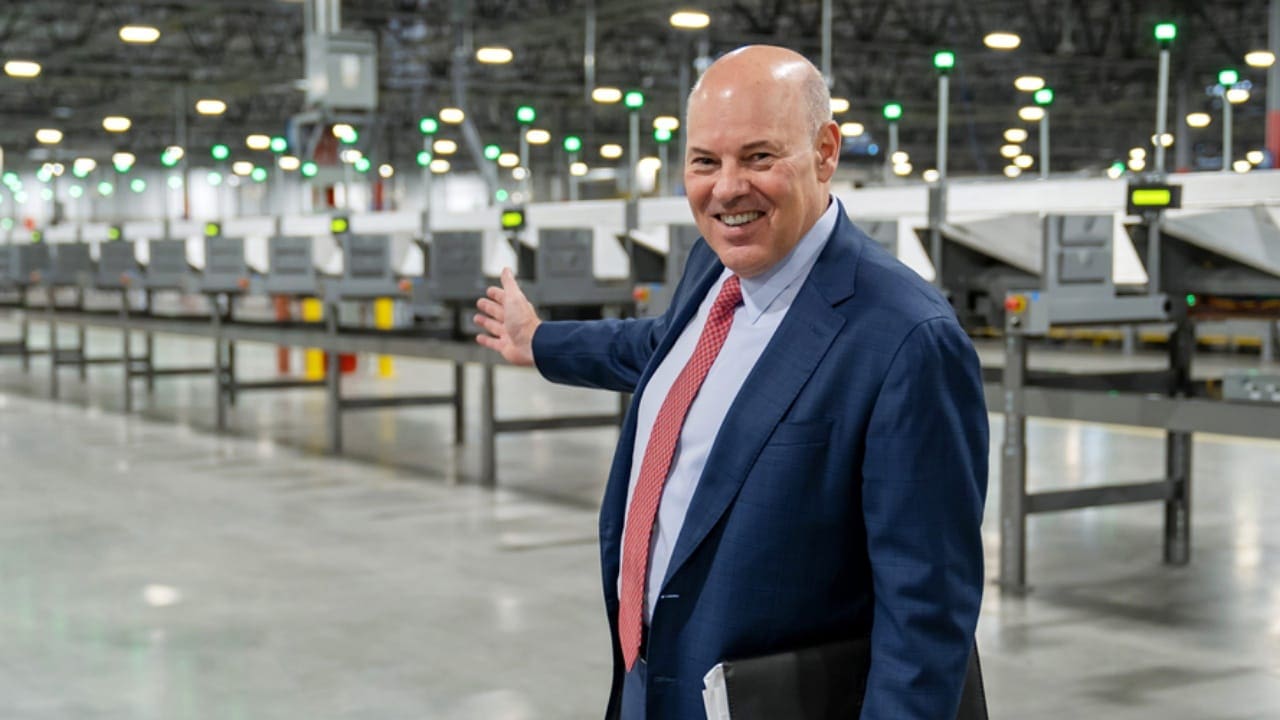The past two weeks have been newsworthy, to say the least. You’d be forgiven if you missed a June 8th op-ed in The Washington Post entitled “We’re fixing the Postal Service. We can’t stop now,” written by none other than the embattled Postmaster General, Louis DeJoy.
The op-ed is DeJoy’s latest effort to rehabilitate his image, which has been (deservedly) defined by his numerous conflicts of interest and the destructive 2020 mail slowdowns. Despite this, DeJoy has recently been the subject of glowing profiles in Politico (see our rebuttal) and TIME, the latter of which claimed he had embarked on a “Surprising Second Act” with his 10-year strategic plan for the agency. DeJoy devotes the bulk of his own column space to this plan, touting his “agenda to improve our efficiency and accuracy, reduce costs, improve service, grow revenue and create appropriate work environments for our employees.”
It’s a rosy picture, but one that is starkly contradicted by reality. DeJoy’s scheme (which is advancing with almost no opportunities for public input) would put the agency on the glide path to privatization. Postal experts from Take On Wall Street’s Save The Post Office coalition have warned that DeJoy’s 10-year plan would increase delivery times, slash tens of thousands of jobs through attrition, and cut operations at more than 200 post offices and sorting facilities – which could devastate rural and Indigenous communities. The rollout of the plan’s facility consolidations has been a disaster, resulting in chronic mail delays that prevented passports, wedding dresses, utility bills, important legal documents, and life-saving medications from arriving on time. After being grilled about these delays in a recent Senate hearing, DeJoy reluctantly agreed to pause consolidations until next January.


Add your first comment to this post